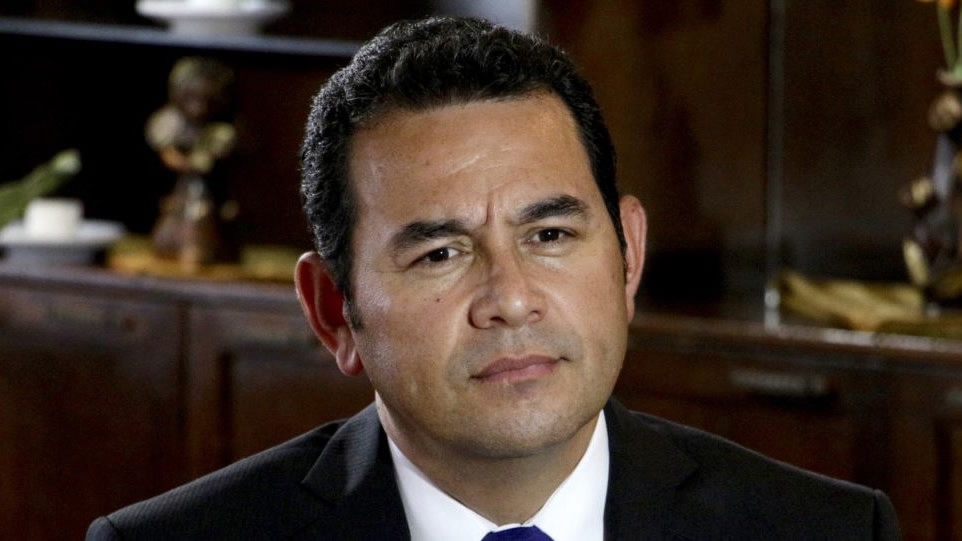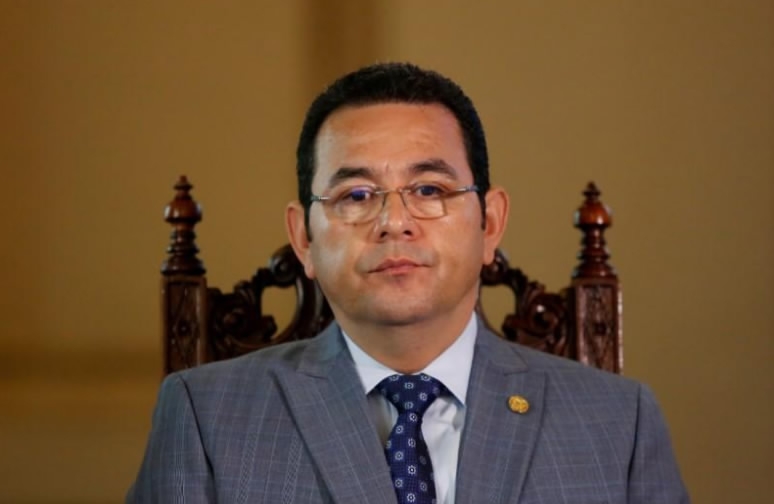
Politics
08:40, 25-Dec-2017
Guatemala to move embassy to Jerusalem, backing Trump
CGTN

Guatemalan President Jimmy Morales said on Sunday he had given instructions to move the Central American country’s embassy in Israel to Jerusalem, a few days after his government backed the United States in a row over the city’s status.
In a short post on his official Facebook account, Morales said he decided to move the embassy from Tel Aviv after talking to Israeli Prime Minister Benjamin Netanyahu on Sunday.
This month US President Donald Trump recognized Jerusalem as the capital of Israel, reversing decades of US policy and upsetting the Arab world and Western allies.

Guatemala's President Jimmy Morales at the National Palace in Guatemala City, Guatemala, November 24, 2017. /Reuters Photo
Guatemala's President Jimmy Morales at the National Palace in Guatemala City, Guatemala, November 24, 2017. /Reuters Photo
The status of Jerusalem is one of the thorniest obstacles to forging a peace deal between Israelis and Palestinians, who want East Jerusalem as their capital.
The international community does not recognize Israeli sovereignty over the entire city, home to sites holy to the Muslim, Jewish and Christian religions.
On Thursday, 128 countries defied Trump by backing a non-binding UN General Assembly resolution calling for the United States to drop its recognition of Jerusalem.
Guatemala and neighboring Honduras were two of only a handful of countries to join the United States and Israel in voting against the resolution on Jerusalem.
The United States is an important source of assistance to Guatemala and Honduras, and Trump had threatened to cut off financial aid to countries that supported the UN resolution.
Morales, a former television comedian with an important base of conservative Christian support, earlier this year became embroiled in a bitter spat with the United Nations when a UN-backed anti-corruption body in Guatemala tried to impeach him.
Although Morales avoided impeachment, he failed in an attempt to expel the head of the body, the International Commission against Impunity in Guatemala, after criticism from the United Nations, the United States and the European Union.
Source(s): Reuters

SITEMAP
Copyright © 2018 CGTN. Beijing ICP prepared NO.16065310-3
Copyright © 2018 CGTN. Beijing ICP prepared NO.16065310-3